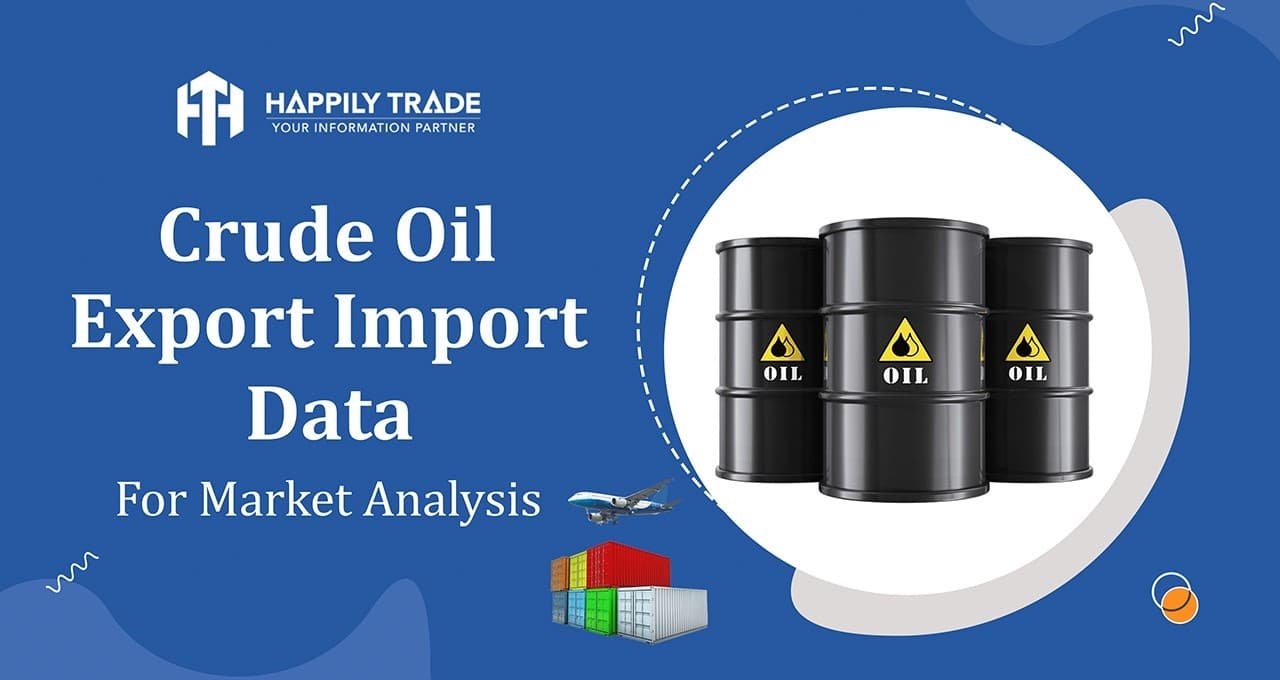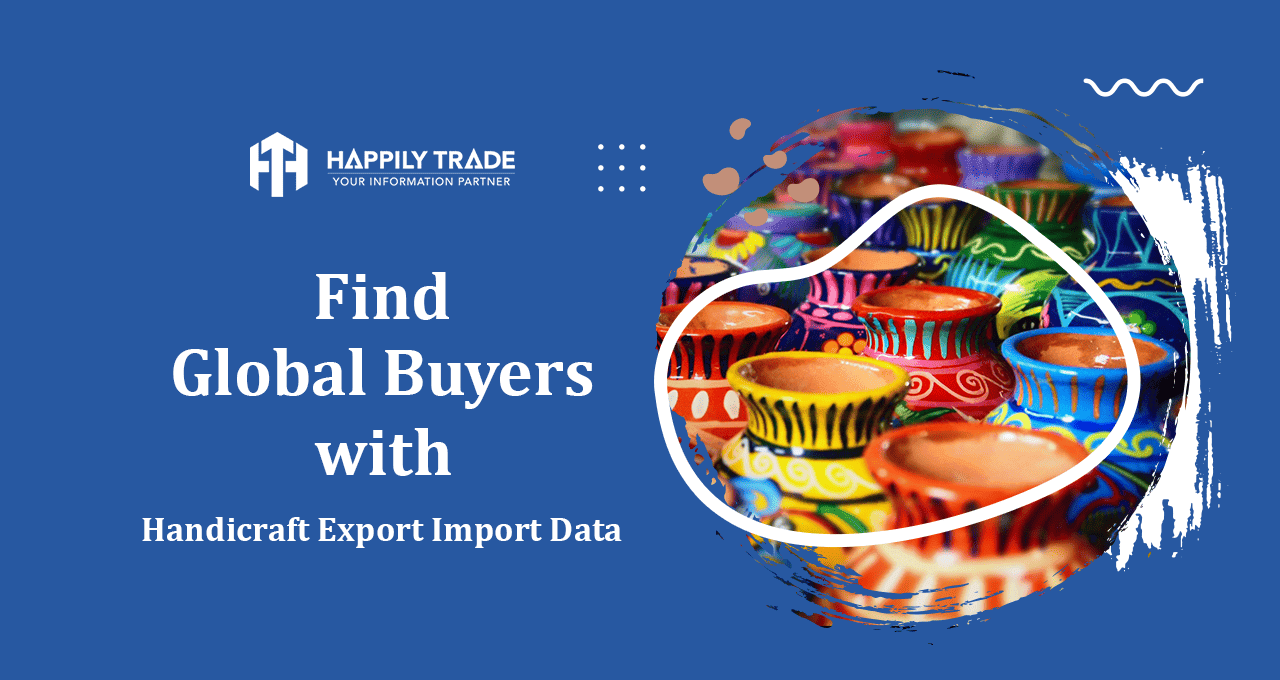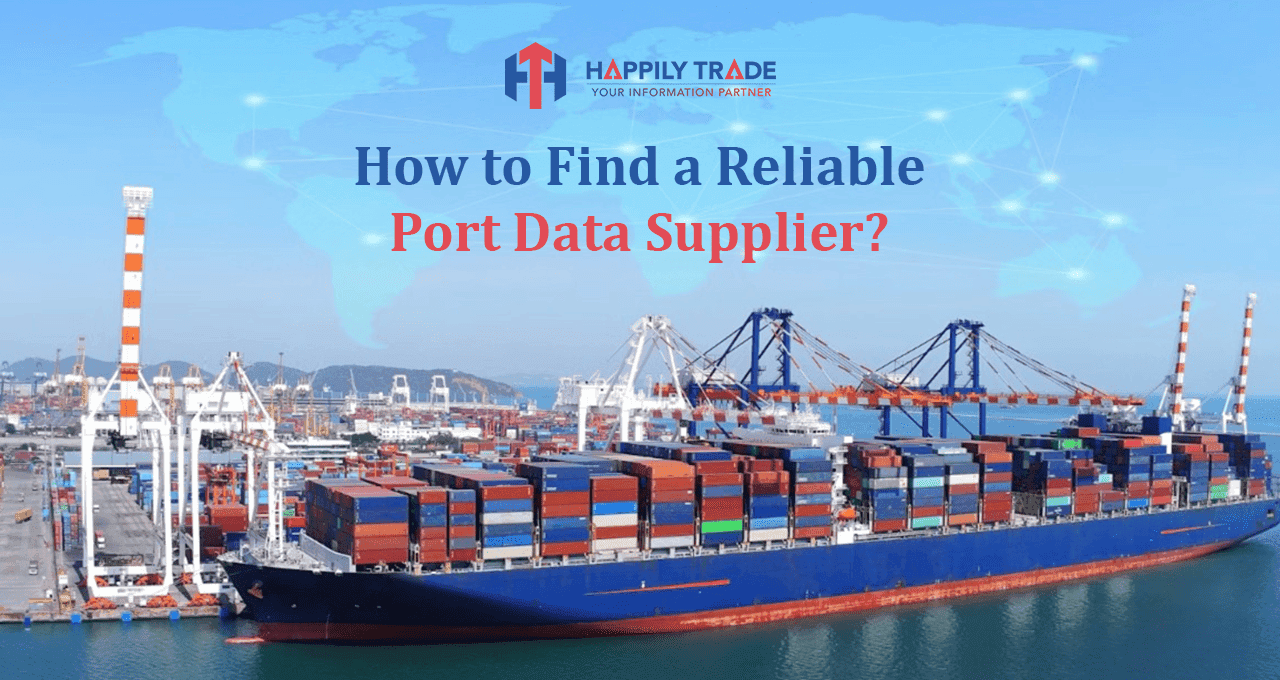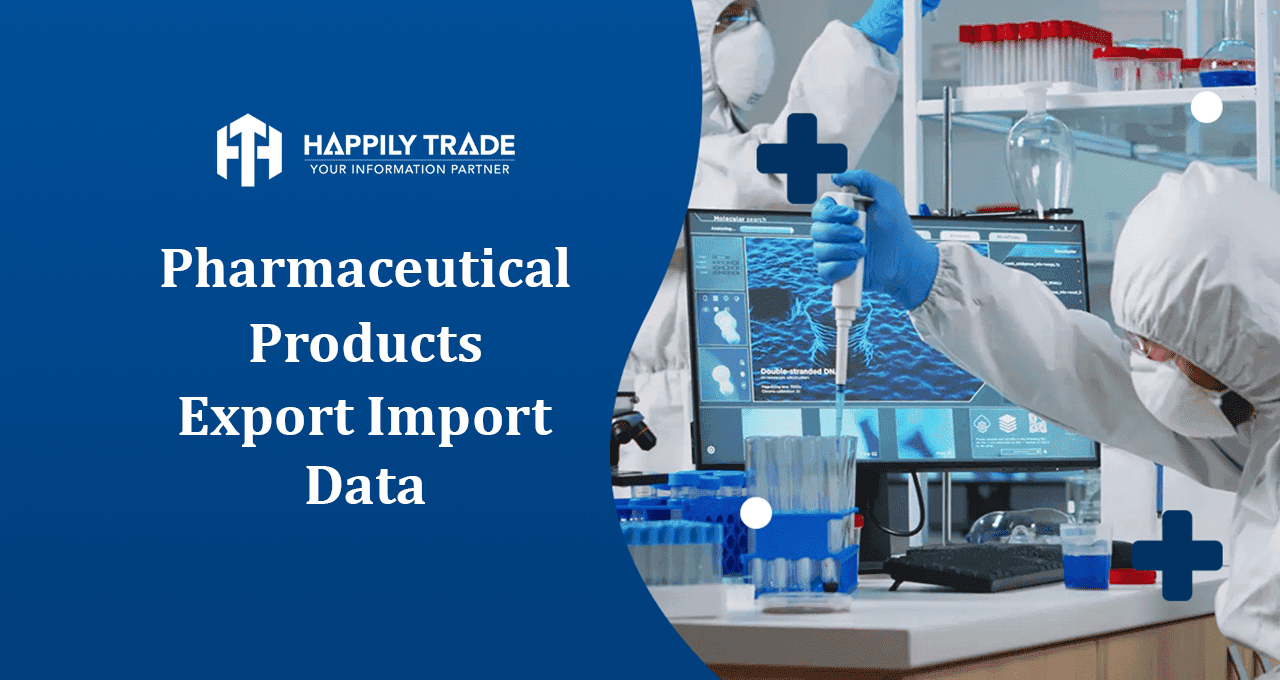Top Importers and Exporters: Unveiling the Powerhouses
The United States reigns supreme as the top importer of pharmaceuticals, accounting for nearly 20% of global imports. Following closely behind are China, Germany, Japan, and France. These countries boast large populations, advanced healthcare systems, and a significant demand for diverse medications.
On the exporting side, Switzerland takes the lead, showcasing the strength of its renowned pharmaceutical industry. Other major exporters include the United States, Germany, China, and France. These countries possess robust research and development capabilities, enabling them to produce various innovative drugs.
Regional Dynamics: Unveiling Emerging Players
While traditional powerhouses dominate, regional trends in pharmaceutical trade are worth noting. Developing economies like India and Brazil rapidly increase imports as their populations grow and healthcare access expands. These countries also emerge as exporters, particularly for generic drugs, catering to price-sensitive markets.
Opportunities Abound: Where to Look for Growth
The insights gleaned from pharmaceutical trade data paint a picture brimming with potential. Here are some key areas where opportunities lie:
-
Meeting unmet needs
Identifying regions with limited access to specific medications and tailoring production or distribution strategies accordingly.
-
Capitalizing on generics
As patent expiries occur, there's potential for generic manufacturers in developing countries to expand their reach.
-
Leveraging innovation
Collaborations between research institutions and manufacturers in different regions can foster innovation and address global health challenges.
-
Optimizing logistics
Utilizing custom global import export data, companies can streamline supply chains and ensure efficient delivery of pharmaceuticals worldwide.
The Power of Knowledge: Navigating the Pharmaceutical Trade Landscape
Understanding the intricacies of pharmaceutical trade is essential for navigating this dynamic and complex market. By leveraging custom global import export data and insights, stakeholders can make informed decisions, identify lucrative opportunities, and contribute to a more efficient and equitable global pharmaceutical ecosystem.
Remember, the world of pharmaceutical trade is vast and ever-changing. Stay informed, analyze data, and explore the possibilities it holds. With the right approach, you can unlock exciting opportunities and meaningfully impact global health.










